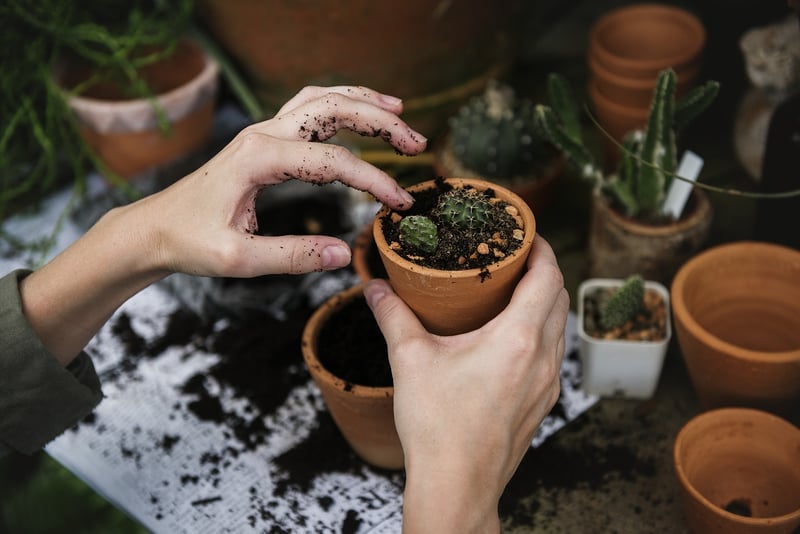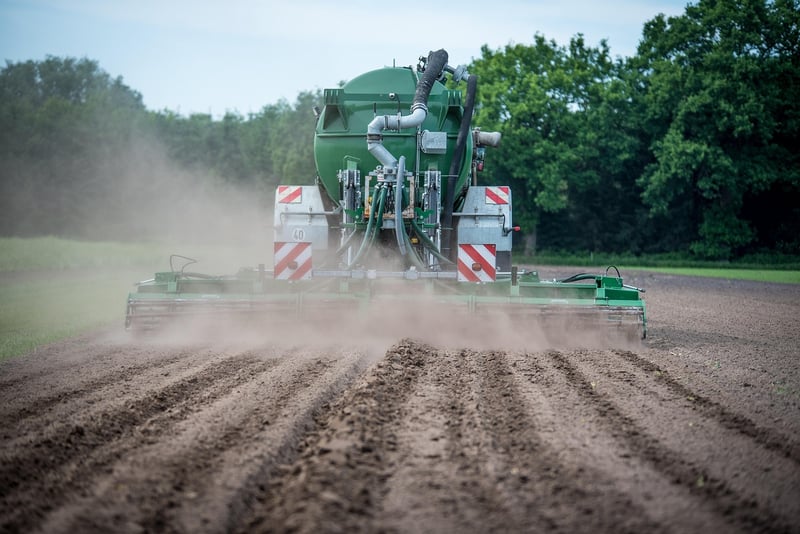Fertilization Guide
Keep Your Garden Thriving with Our Fertilization Guide

Having a lush and vibrant garden requires more than just regular watering and sunlight. Fertilization is a key component in ensuring your plants receive the necessary nutrients to thrive and bloom beautifully. In this guide, we'll explore the importance of fertilization and provide you with tips on how to keep your garden in top shape.
Why Fertilize Your Garden?
Plants require essential nutrients like nitrogen, phosphorus, and potassium to grow healthy and strong. These nutrients are often depleted from the soil over time, especially in gardens that have been cultivated for a while. Fertilization replenishes these nutrients, promoting plant growth, blooming, and overall health.
Types of Fertilizers
There are two main types of fertilizers: organic and synthetic. Organic fertilizers are derived from natural sources like compost, manure, and bone meal. They release nutrients slowly and improve soil structure. Synthetic fertilizers, on the other hand, are manufactured and provide a quick nutrient boost to plants.
Fertilization Tips
- Test your soil to determine its nutrient levels before applying fertilizer.
- Choose a fertilizer that matches your plants' needs (e.g., high nitrogen for leafy vegetables).
- Follow the instructions on the fertilizer package to avoid over-fertilization, which can harm plants.
- Apply fertilizer evenly around the base of plants and water thoroughly afterward to help nutrients penetrate the soil.
- Consider using slow-release fertilizers for long-lasting nutrition.
When to Fertilize
The timing of fertilization depends on the type of plants you have. In general, it's best to fertilize in early spring as plants start actively growing. Avoid fertilizing during hot summer months or late fall when plants prepare for dormancy.
Conclusion
By understanding the importance of fertilization and following our guide, you can ensure that your garden remains healthy, vibrant, and thriving throughout the seasons. Remember to choose the right type of fertilizer, apply it correctly, and monitor your plants' growth to make adjustments as needed.
Happy gardening!
